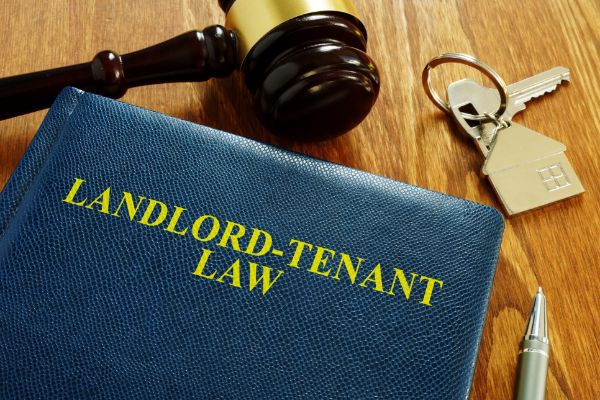Arizona’s Residential Landlord and Tenant Act is the primary source of regulations surrounding the relationship between parties to a rental agreement—as modified or specified by any contracts between the parties. Some landlords go into the relationship with an incomplete concept of the ways that their ownership property rights are altered by the new rights that inhere to a renter. A landlord is, generally, permitted the right to access the property they are renting. But there are some restrictions that are fully enforceable by a tenant as against a landlord, and the landlord would do best to be aware of these.
While a lease may provide other express provisions, the default right of landlord access is governed by Arizona Revised Statute section 33-1343:
- The tenant shall not unreasonably withhold consent to the landlord to enter into the dwelling unit in order to inspect the premises, make necessary or agreed repairs, decorations, alterations or improvements, supply necessary or agreed services or exhibit the dwelling unit to prospective or actual purchasers, mortgagees, tenants, workmen or contractors.
- If the tenant notifies the landlord of a service request or a request for maintenance as prescribed in section 33-1341, paragraph 8, the notice from the tenant constitutes permission from the tenant for the landlord to enter the dwelling unit pursuant to subsection D of this section for the sole purpose of acting on the service or maintenance request and the tenant waives receipt of any separate or additional access notice that may be required pursuant to subsection D of this section.
- The landlord may enter the dwelling unit without consent of the tenant in case of emergency.
- The landlord shall not abuse the right to access or use it to harass the tenant. Except in case of emergency or if it is impracticable to do so, the landlord shall give the tenant at least two days’ notice of the landlord’s intent to enter and enter only at reasonable times.
- The landlord has no other right of access except by court order and as permitted by sections 33-1369 and 33-1370, or if the tenant has abandoned or surrendered the premises.
There is a presumption that the actions of both sides of the landlord-tenant relationship must proceed with a sense of reasonableness. A tenant cannot unreasonably withhold consent from a landlord to have access to the property, and a landlord cannot abuse (which is another way of saying “unreasonably over-use”) the right to access. When a tenant is able to show a landlord has abused the right of access, this may constitute grounds for immediate termination of the lease. When a tenant denies reasonable access to a landlord, this may also be considered a breach of the lease, and the landlord may seek to evict.
So, in short: a landlord may not enter the rental property without giving a reasonable amount of notice—which is legally considered to be at least two days—except when a tenant has made a request for maintenance, or in case of an emergency, or when showing the property to people that either underwrite the property or may follow the current tenant in occupancy.
If you’re either a landlord or a tenant of a property in Phoenix or anywhere else in the state of Arizona, you’ll need an experienced attorney with strong scruples by your side when issues arise. We can help with that. At Provident Law, our real estate attorneys represent parties on either side of real estate and financing transactions, including landlords, tenants,buyers, sellers, lenders, borrowers, trustees, guarantors, shareholders, partners, and others. We structure, negotiate and document a variety of real estate and financing transactions, including leases, purchase and sale agreements, loans and development agreements for a variety of commercial and residential projects. Contact us if you’d like us to give you a hand.
Christopher J. Charles is the founder and Managing Partner of Provident Law ®. He is a State Bar Certified Real Estate Specialist and a former “Broker Hotline Attorney” for the Arizona Association of REALTORS ® (the “AAR”). Mr. Charles holds the AV ® Preeminent Rating by the Martindale-Hubbell Peer Review Ratings system which connotes the highest possible rating in both legal ability and ethical standards. He serves as an Arbitrator and Mediator for the AAR regarding real estate disputes; and he served on the State Bar of Arizona’s Civil Jury Instructions Committee where he helped draft the Agency Instructions and the Residential Landlord/Tenant Eviction Jury Instructions.
Christopher is a licensed Real Estate Instructor and he teaches continuing education classes at the Arizona School of Real Estate and Business. He can be reached at Chris@ProvidentLawyers.com or at 480-388-3343.


